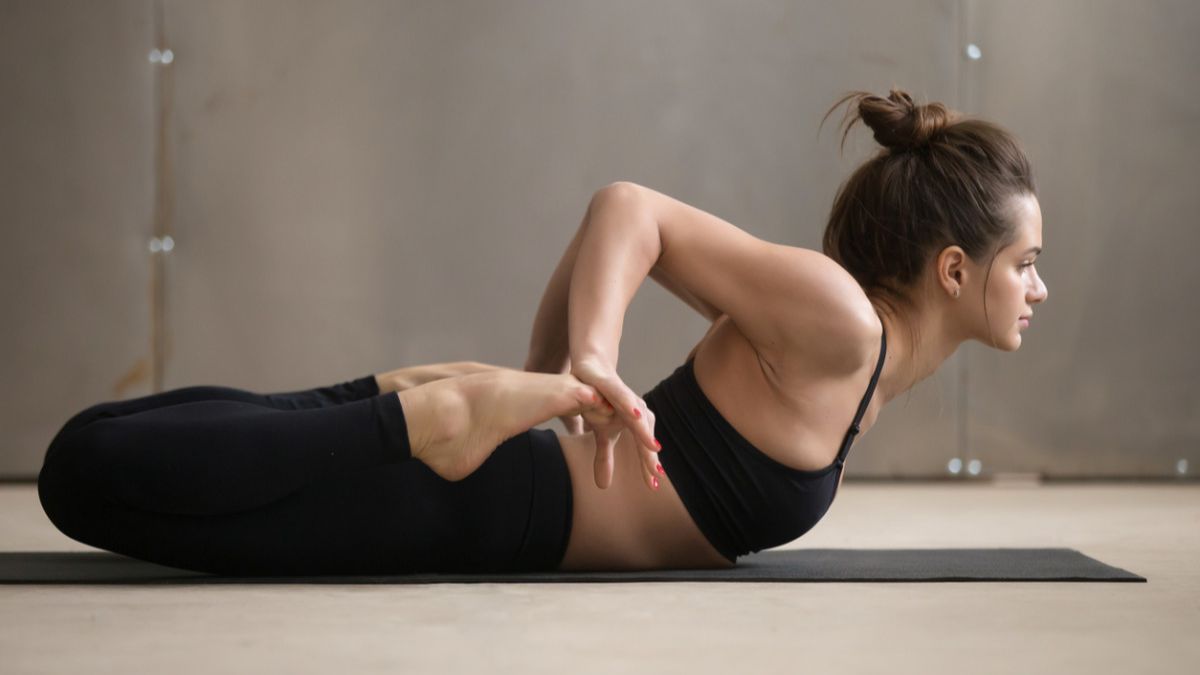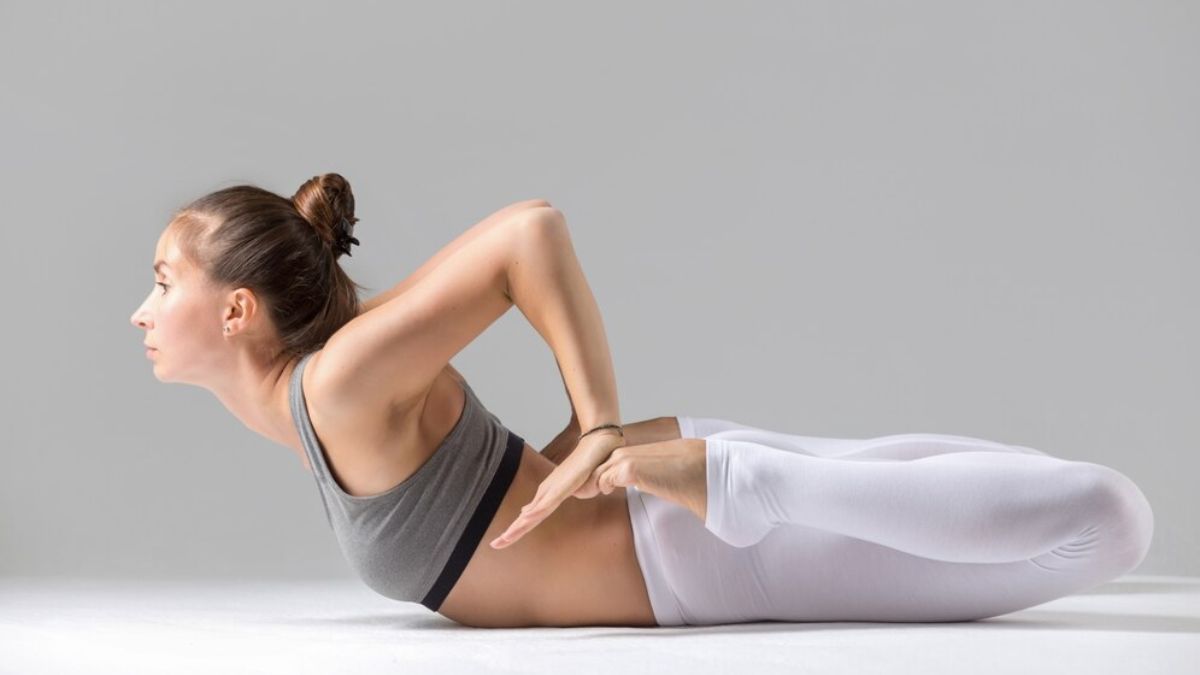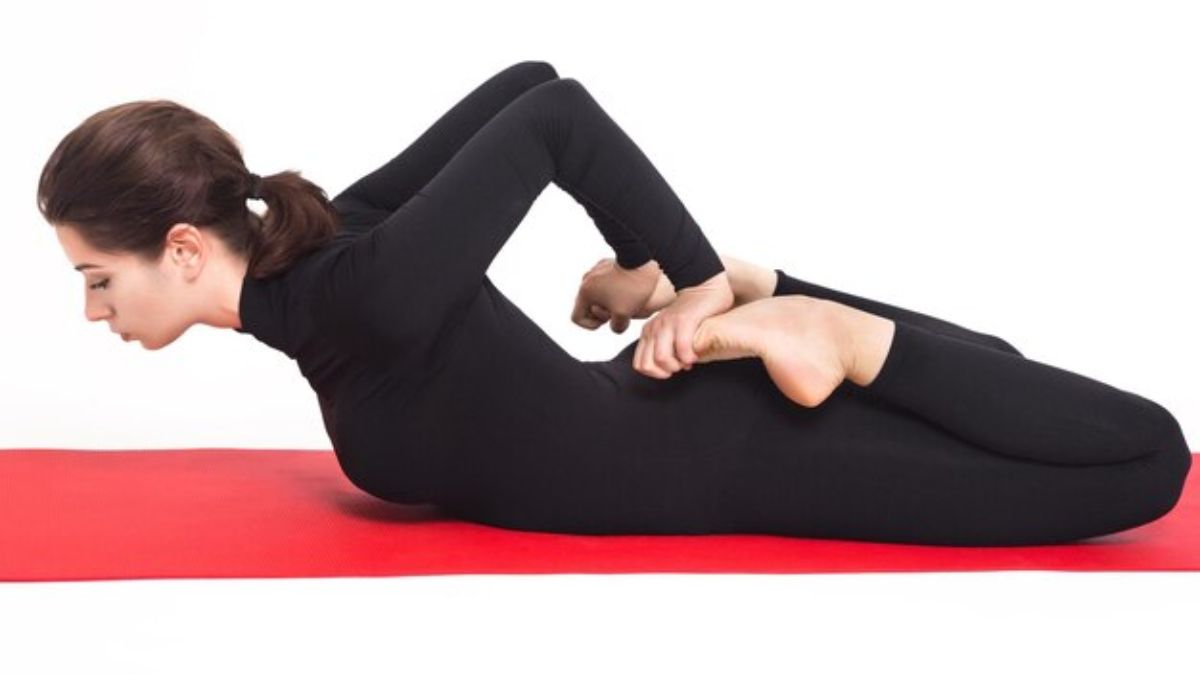
Yoga is an ancient practice that offers a multitude of benefits for both physical and mental health. From enhancing flexibility and strength to promoting relaxation and stress reduction, yoga can be a powerful tool for achieving overall well-being.
Table of Content:-
One particular pose, Frog Pose (Mandukasana), is a versatile asana that targets a variety of concerns, including body pain, stress, circulation, and digestion. Here's how Frog Pose can benefit you and how to incorporate it into your practice safely and effectively.
Benefits of Frog Pose
Frog Pose offers a range of benefits that can improve your quality of life. Here's a closer look at some of its key advantages:
Enhanced Flexibility and Mobility
Frog Pose stretches the inner thighs, groin, and hips, which are common areas of tightness. This improved flexibility can alleviate pain and discomfort associated with stiff joints and muscles.
Stress Reduction and Relaxation
The deep breathing encouraged in Frog Pose promotes relaxation and mindfulness. This can help reduce stress hormones and create a sense of calm, both on the yoga mat and beyond.

Improved Circulation
Frog Pose opens up the hips and groin, which can improve blood flow throughout the lower body. Enhanced circulation can benefit overall cardiovascular health and deliver essential nutrients to your tissues.
Boosted Digestion
Frog Pose gently massages the abdominal organs, which can stimulate digestion and elimination. This can help alleviate constipation and promote a healthy digestive system.
Strengthened Core and Pelvic Floor
Frog Pose engages the core and pelvic floor muscles, which are essential for stability and support. Strengthening these muscles can improve posture, reduce back pain, and enhance overall well-being.
How to Practice Frog Pose Safely and Effectively?
If you're new to yoga or Frog Pose in particular, here's a step-by-step guide to ensure you practice it safely and effectively:
Begin On Your Hands And Knees
Position yourself on all fours, with your knees hip-width apart and your hands shoulder-width apart. Ensure your wrists are stacked directly under your shoulders.
Sink Back Into Your Hips
Sit back gently towards your heels, bringing your hips as close to the ground as comfortable. Maintain a slight arch in your lower back and avoid collapsing completely.
Widen Your Knees
Broaden your knees to a comfortable distance, aligning them with your toes. You can adjust the width based on your hip flexibility.
Also Read: Digestive Health Day - Yoga For Digestion: 4 Effective Yet Easy Asanas To Improve Gut Health

Rest Your Torso On Your Forearms (Optional)
If needed, for added comfort, rest your forearms on the mat in front of you.
Relax And Breathe
Take slow, deep breaths, feeling the gentle stretch in your inner thighs, groin, and hips. Hold the pose for 30 seconds to 1 minute, gradually increasing the duration as your flexibility improves..
Integrating Frog Pose Into Your Yoga Practice
Frog Pose can be effectively incorporated into various yoga sequences. Here are some ideas:
Warm-Up
Practice Frog Pose as a gentle hip opener at the beginning of your practice to prepare your body for deeper stretches and poses.
Cool-Down
Hold Frog Pose for a longer duration (1-2 minutes) during your cool-down routine to promote relaxation and improve circulation.
Stand-Alone practice
Frog Pose can be practised on its own as a short yoga sequence to target specific areas like the hips, groins, and core.
Also Read: Feeling Stressed and Don’t Know What To Do? Try Walking Meditation, It Helps
Frog Pose is a valuable yoga asana that offers a multitude of benefits for both physical and mental health. By incorporating this pose into your practice, you can experience relief from body pain, reduce stress, improve circulation and digestion, and achieve a greater sense of overall well-being. Remember to start slowly, listen to your body, and modify the pose as needed. With consistent practice, Frog Pose can become a powerful tool in your yoga journey.
Also watch this video
How we keep this article up to date:
We work with experts and keep a close eye on the latest in health and wellness. Whenever there is a new research or helpful information, we update our articles with accurate and useful advice.
Current Version